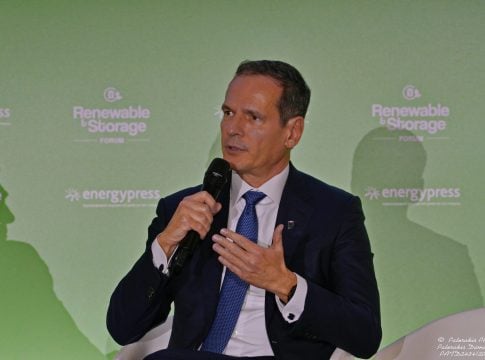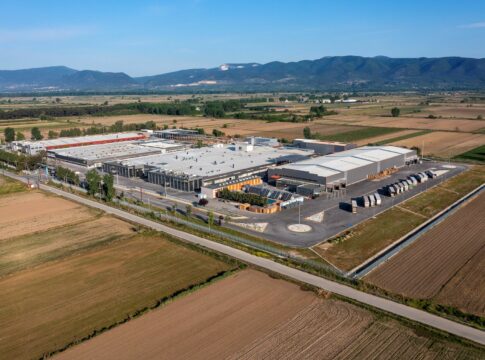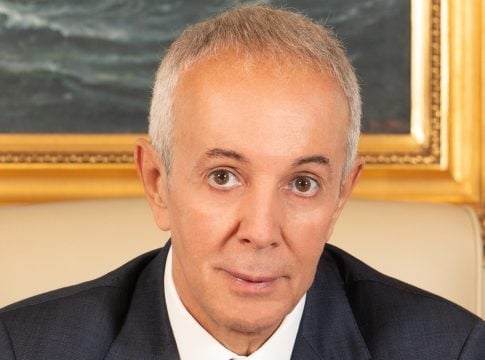The difficult economic reality faced by Greek households is reflected in the annual survey of income and living expenses by the IME GSEVEE Institute.
Although there has been a modest improvement compared to 2023, high prices continue to be the greatest threat to the financial stability of households. The percentage of households reporting a loss of income may have decreased (26.2% compared to 30.7% in 2023), but, as the survey showed, financial difficulties remain severe.
It is indicative that 60% of households state that their income is not enough for the whole month, adding that the money is only enough for 19 days on average.
More than 8 in 10 fail to put money aside
The inability to save remains particularly high, as 81.6% fail to save, while more than half of households cannot afford an emergency expense of 500 euros.
One in four households saw their income decrease
According to the survey, the percentage of households that stated that their income decreased fell to 26.2%, from 30.7% which was the corresponding percentage in 2023. On the contrary, 21% of households stated that their income increased (the corresponding percentage in 2023 was 17.1%). According to the IME GSEVEE, this is the new highest percentage recorded in the income survey (since 2011), while it is the second consecutive year of a clear increase in the percentage of those who declare that their total income has increased. 52.6% of households said that their income remained stable, while the corresponding percentage in 2023 was 51.6%.
Based on the survey findings, 73.1% of households report an annual income of up to 25,000 euros, compared to 20.3% that report an annual income of over 25,000 euros. Households with an annual income of over 30,000 euros constitute 9.5% of all households in the survey.
11.7% of households live in extreme poverty
At the same time, 11.7% of households live in extreme poverty, unable to meet even their basic needs.















